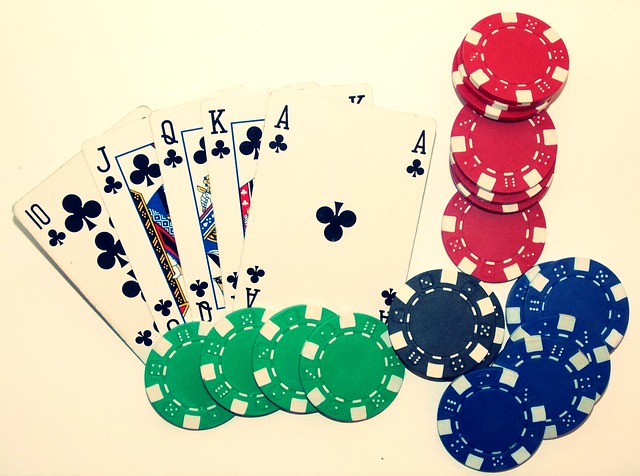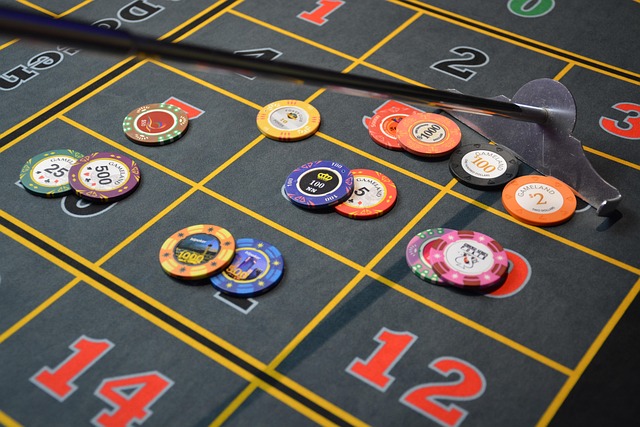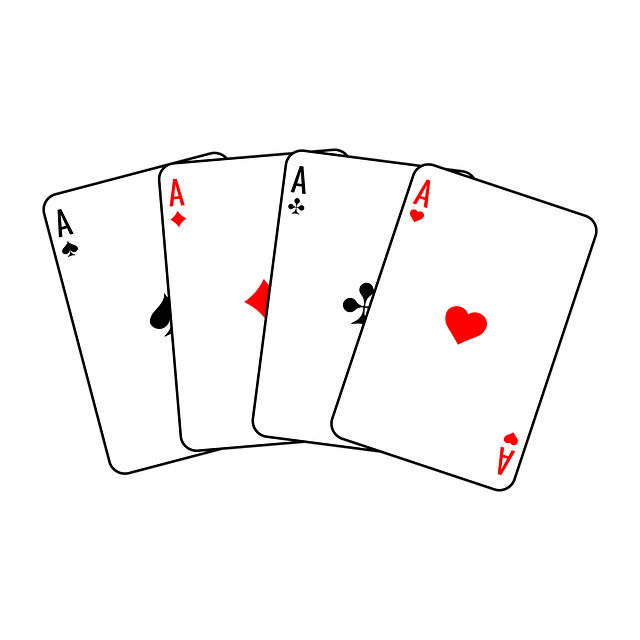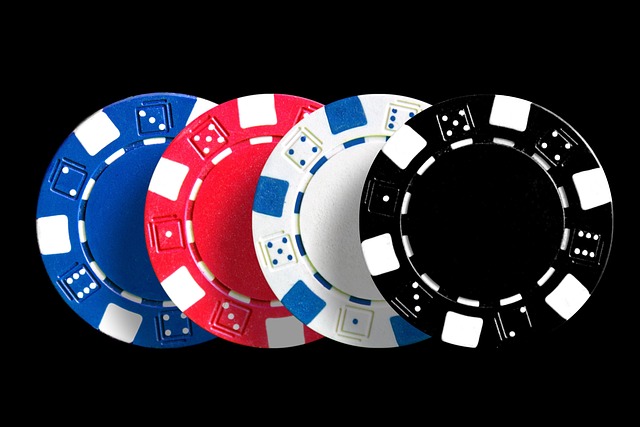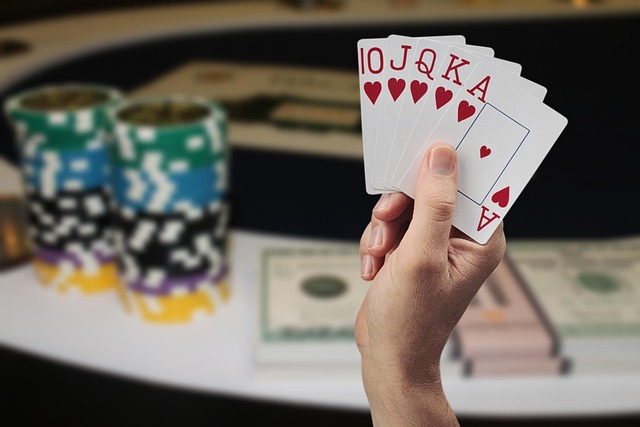Poker involves understanding rules, hand rankings (like straight flushes), and community cards in Texas Hold'em. Mastering odds calculation, bluffing, bet sizing strategies is crucial. Regular practice sessions, post-game analysis, and resource utilization improve skills, making you a better poker player, as per How to Play Poker guidelines.
Learn to play poker with our comprehensive guide. Start by understanding poker basics, including rules and hand rankings, to lay a solid foundation. Next, master game strategies such as calculating odds, mastering bluffing techniques, and optimizing bet sizing. Finally, practice and perfect your skills with expert tips for effective play. Discover the thrill of poker and enhance your strategy today with our step-by-step approach on how to play poker.
- Understand Poker Basics: Rules and Hand Rankings
- Master Game Strategies: Odds, Bluffing, and Bet Sizing
- Practice and Perfect Your Skills: Tips for Effective Play
Understand Poker Basics: Rules and Hand Rankings
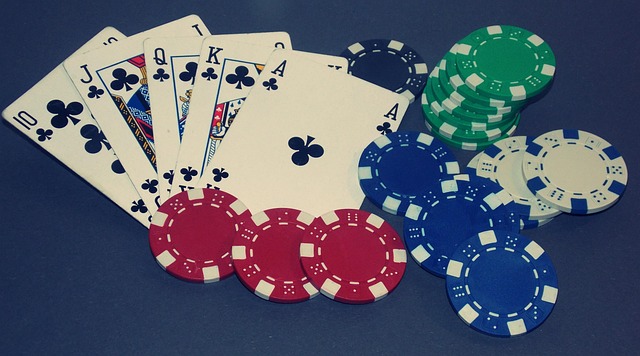
Poker is a game that combines skill, strategy, and a bit of luck. Before diving into complex strategies, it’s crucial to grasp the fundamentals, starting with understanding the rules and hand rankings. The objective is simple: outwit your opponents by forming the best five-card poker hand according to established hierarchies.
In Texas Hold’em, the most popular variation, each player receives two private cards (hole cards). Five community cards are then dealt face up in three stages: the flop (three cards), the turn (one card), and the river (one card). Players aim to use any combination of their hole cards and the community cards to form a hand like a straight flush, four of a kind, full house, etc. Familiarizing yourself with these rankings is an essential step in learning how to play poker.
Master Game Strategies: Odds, Bluffing, and Bet Sizing
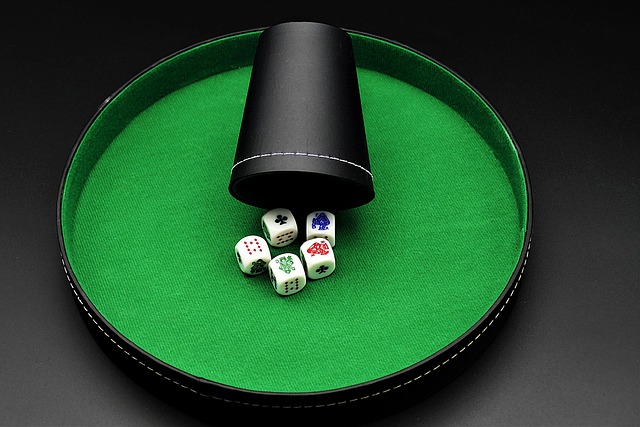
Mastering game strategies is a critical aspect of how to play poker successfully. Understanding odds is fundamental; calculating potential wins and losses based on card probabilities equips players with a strategic edge. By evaluating hand strength and comparing it to the likelihood of improvement through community cards, you can make informed decisions.
Bluffing and bet sizing are also key components. Bluffing involves betting strongly on weak hands to trick opponents into folding. Effective bluffing requires reading your opponents, controlling emotions, and recognizing when a bold move will pay off. Bet sizing should be tailored to the game’s dynamics; raising appropriately demonstrates confidence, while smaller bets can probe without committing heavily. Balancing these strategies allows for dynamic play, keeping your opponents guessing and maximizing your chances at winning, especially in the fast-paced world of poker.
Practice and Perfect Your Skills: Tips for Effective Play
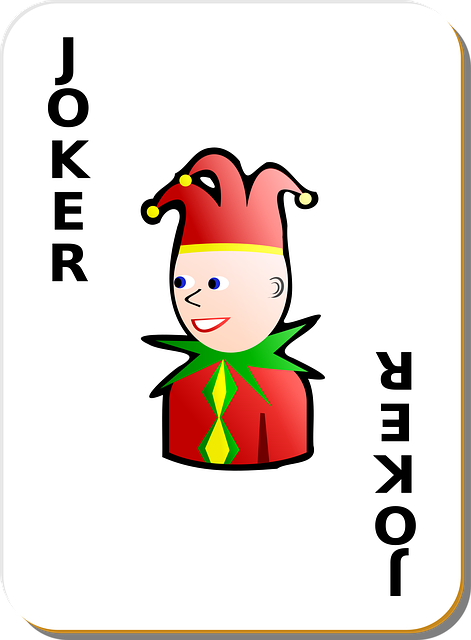
Practice and Perfect Your Skills is a vital step in becoming proficient at any game, including poker. Dedicate time each day or week to play poker, whether it’s with friends, online, or through guided practice sessions. The more hands you play, the better you’ll understand the nuances of the game, from reading your opponents’ tells to mastering the art of bluffing.
Focus on analyzing your plays after each session. Review your decisions, identify mistakes, and learn from them. Poker is as much a mental game as it is a skill-based one, so practicing mindfulness and strategic thinking will significantly enhance your performance. Use resources like poker training websites or books to gain insights into advanced strategies, hand analysis, and common pitfalls. By consistently practicing and refining your skills, you’ll see improvements in your How to Play Poker abilities over time.
Poker is a game of skill, strategy, and mental dexterity. By grasping the fundamentals outlined in this guide—from hand rankings to advanced betting techniques—and refining your play through consistent practice, you’ll be well on your way to mastering the art of poker. Remember, patience, observation, and calculated risks are key; with dedication, you can turn your poker passion into a rewarding hobby or even a competitive edge. So, gather your cards, find your table, and start playing!
